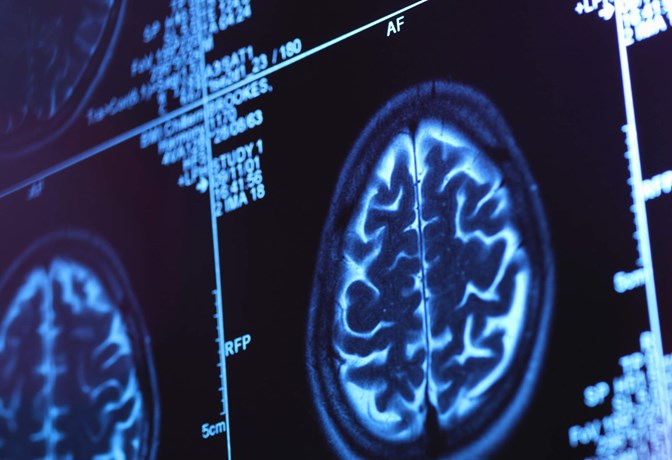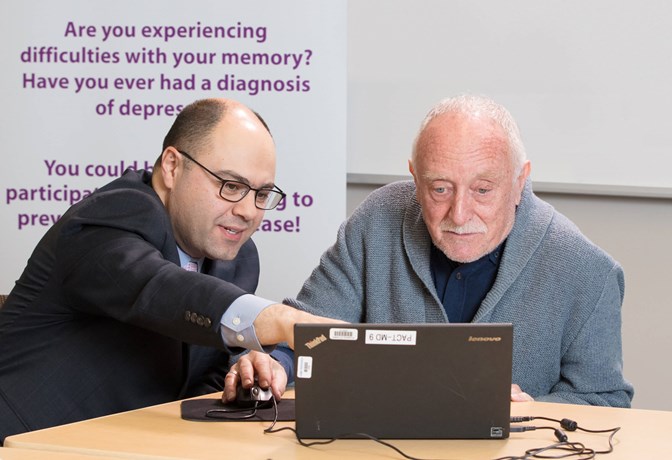Created through a $15-million gift from the Krembil Foundation, the Krembil Centre for Neuroinformatics is harnessing the power of high-performance computing to make sense of the massive amounts of complex data generated from brain research.
“Through this Centre, we’ll be able to identify the warning signs and predict the right time to intervene so we can prevent mental illness from even developing,” says Dr. Sean Hill, world-leading computational scientist and inaugural Director of the Krembil Centre.
Formerly co-chair of Blue Brain, a Swiss brain initiative, and director of the Laboratory for the Neural Basis of Brain States at the École Polytechnique Fédérale de Lausanne, Dr. Hill brings considerable expertise in building and simulating large-scale models of brain circuitry. He will lead a team of specialists in using analytics, artificial intelligence and machine learning to map the structure and function of the brain. By creating a virtual atlas of mental health and the brain, the Krembil Centre will greatly improve diagnosis, treatment and prevention.
“I’ve spent many years digging into the intricacies of brain circuitry and building very large computer models,” Dr. Hill explains. “We have opportunities here to use that modeling and new information technology to really have an impact.”
Dr. Neil Vasdev has also come to CAMH eager to change the way we see the brain. Dr. Vasdev leads the Azrieli Centre for Neuro-Radiochemistry, established through an $11-million gift from the Azrieli Foundation. Building on CAMH’s global leadership in brain imaging, the Azrieli Centre is focused on pioneering new ways to view what is happening inside the living brain and fostering collaboration among international imaging centres.
“It’s going to have a massive impact for people with mental illness,” says Dr. Vasdev, who was recruited to CAMH from Harvard Medical School and Massachusetts General Hospital. He is also the endowed Azrieli Chaired Professor in Brain and Behaviour in the Department of Psychiatry at the University of Toronto, and Tier 1 Canada Research Chair in Radiochemistry and Nuclear Medicine.
Dr. Vasdev is an expert in developing new chemical probes, called radiotracers, for positron emission tomography (PET) imaging. Radiotracers give researchers real-time visualizations of the brain. Many of the radiotracers currently used in PET neuroimaging around the world have been developed by CAMH’s radiochemistry team.
“There is really nowhere I’ve seen that can more efficiently make a radiotracer, and actually see it translated for the first time in human PET imaging studies at the rate and scientific rigour that we have at CAMH,” explains Dr. Vasdev. “This Centre accelerates our efforts to explore unprecedented molecules in the brain, which will ultimately assist in early and accurate diagnosis and treatment planning for people with mental illness.”





